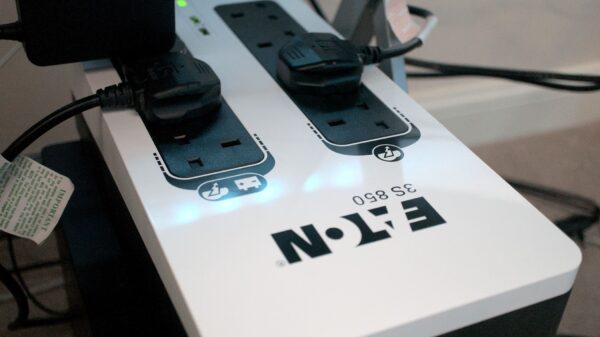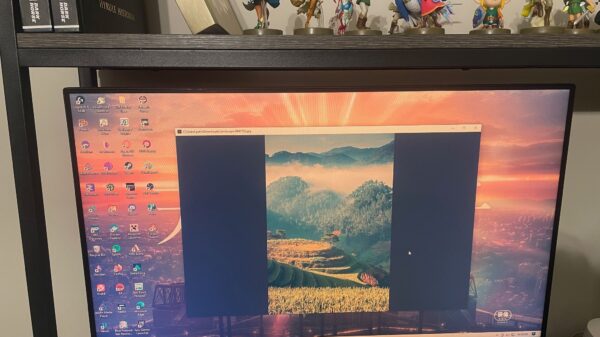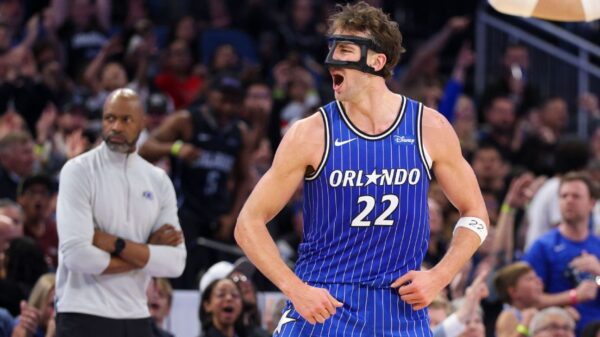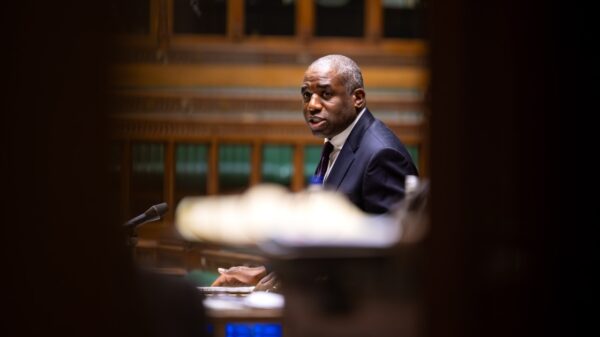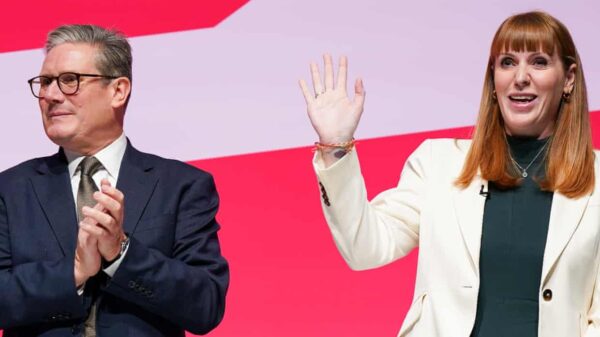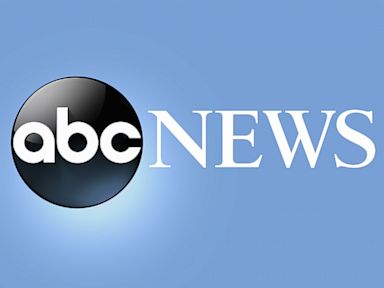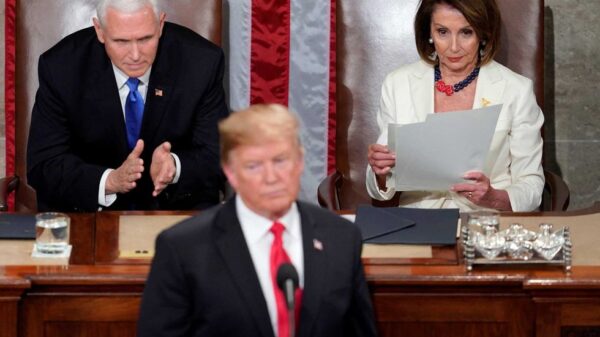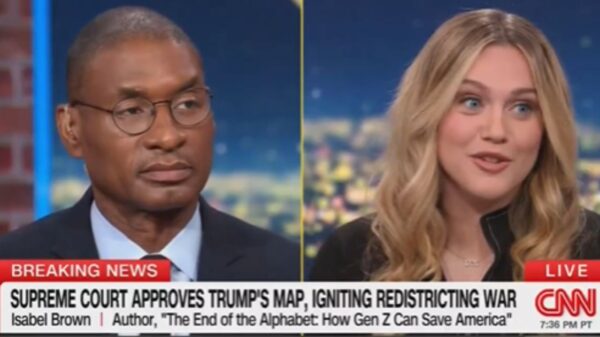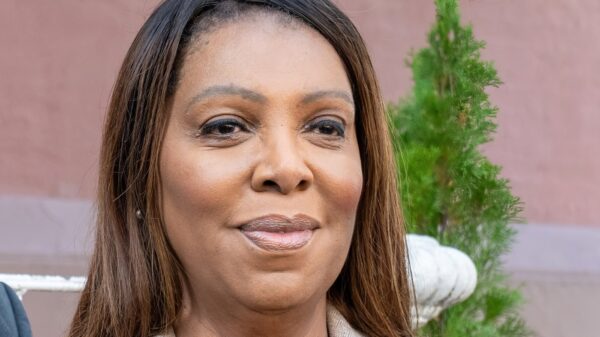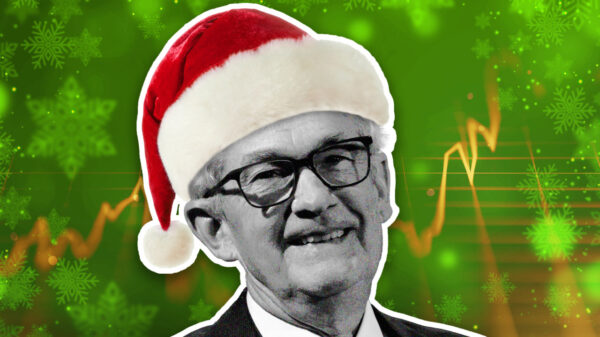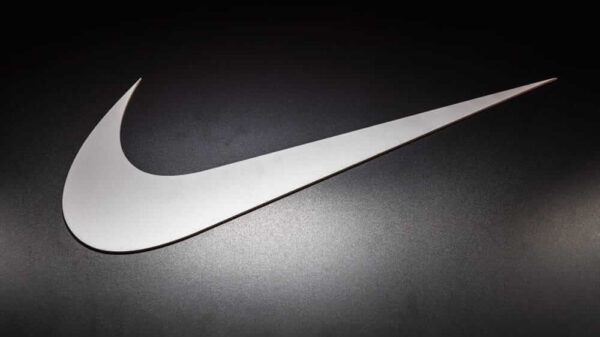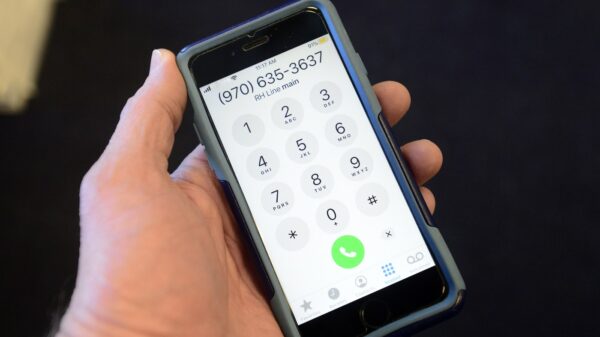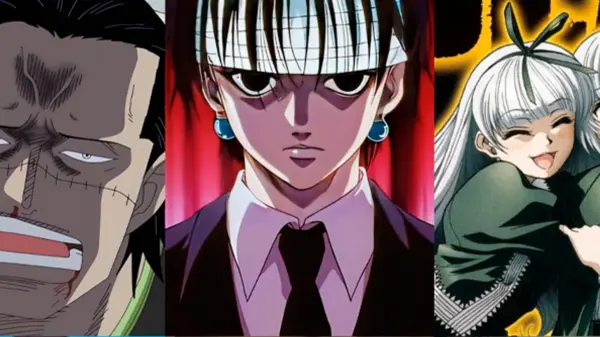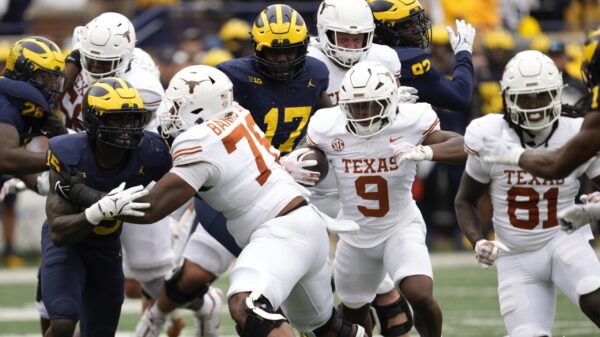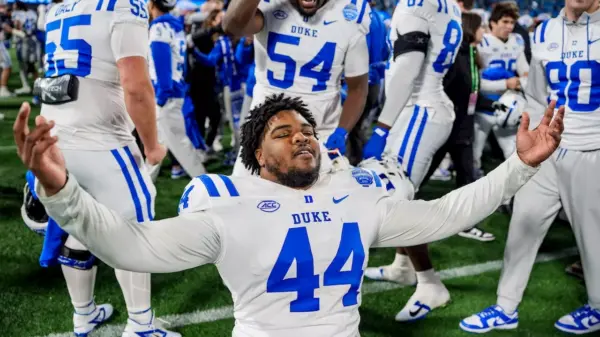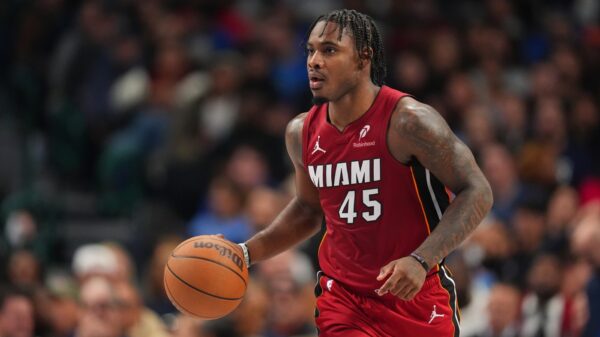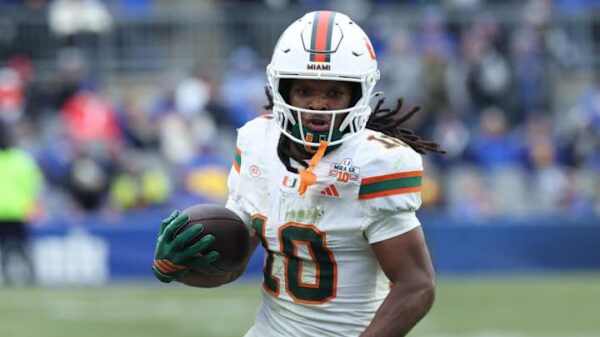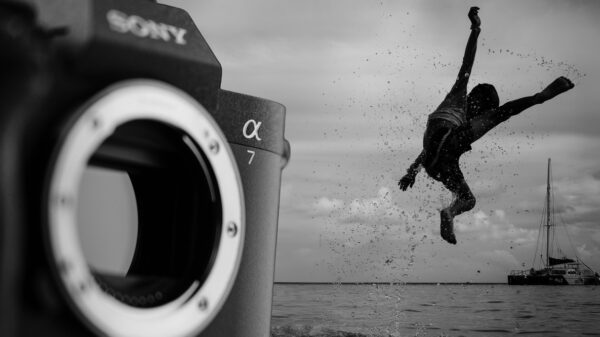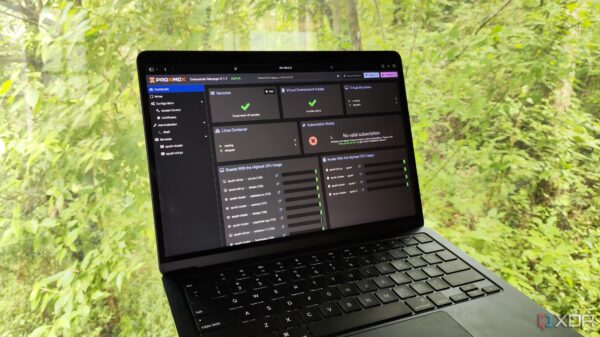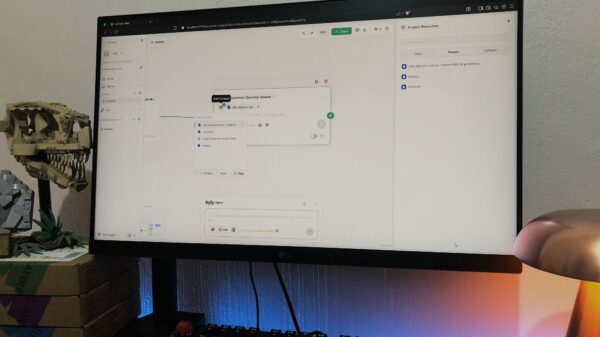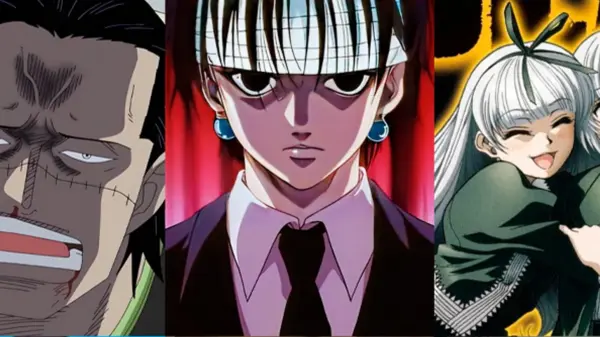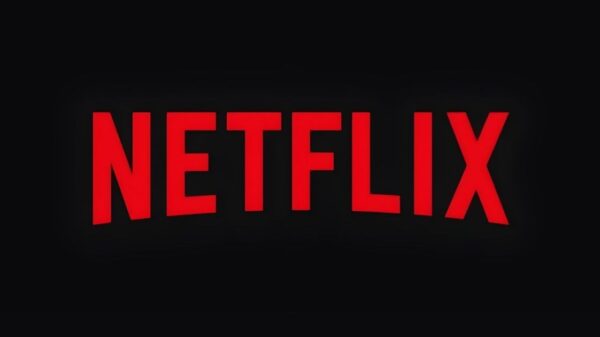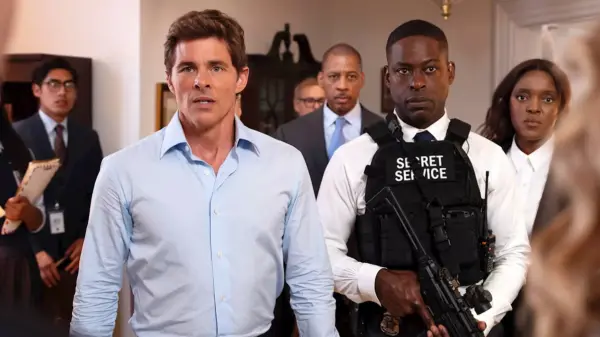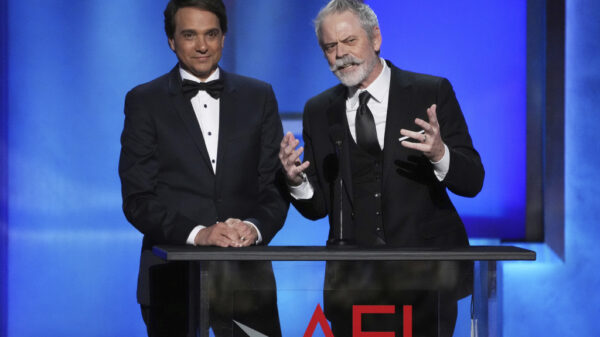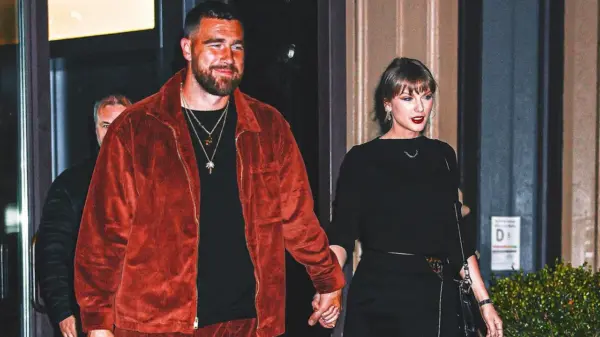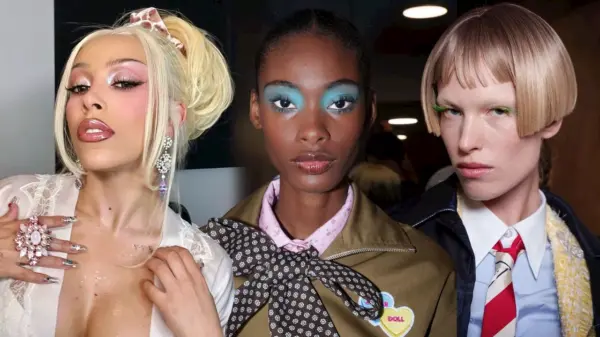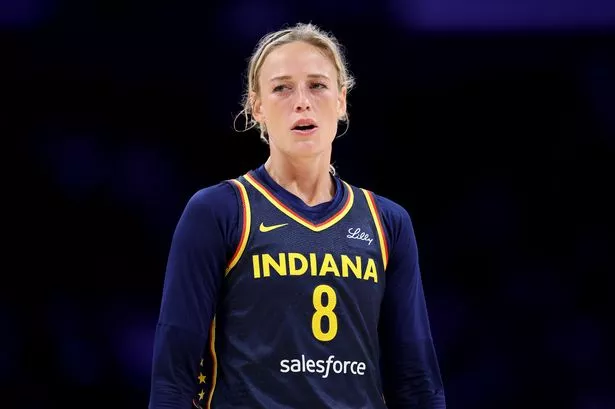Veteran guard Sophie Cunningham has expressed serious concerns regarding the future of the WNBA as negotiations with the players’ union over the College Bargaining Agreement (CBA) remain stalled. Recently recovering from a season-ending MCL tear, Cunningham, now a free agent, offered her candid assessment of the league’s current state and its potential trajectory during an interview at a Manhattan sports bar, shortly after accompanying Caitlin Clark at an LPGA event.
Cunningham, who was traded to the Indiana Fever for the upcoming 2025 season, averaged 8.6 points and 3.5 rebounds before her injury sidelined her. Reflecting on the league’s uncertainty, she stated, “There is a lot of uncertainty. With CBA, with the money, if we’re even going to have a league next year.” Her comments highlight the precarious situation players face as they attempt to maintain team cohesion while navigating financial instability.
Concerns Over CBA Negotiations
During the discussion, Cunningham emphasized the critical nature of the ongoing CBA negotiations, noting, “I think the last meeting was about two weeks ago. I know our execs are talking with their people every single day. I don’t think there’s been much movement.” She acknowledged that while communication exists between players and league executives, substantial progress is lacking. The stakes are high, as negotiations affect salaries, revenue-sharing, and the overall sustainability of the league for the next season.
Cunningham’s statement reflects a broader concern among players about the long-term financial model of the WNBA. She raised questions about the impact of rising revenues on player salaries, stating, “It sounds good and they can always wave a big number in your face. But what happens when the business continues to go up? Does that mean our salaries are going to continue to go up, or will they stay the same?”
Emerging Alternatives and Future Prospects
With the uncertainty surrounding the WNBA, Cunningham acknowledged the emergence of alternative opportunities for players. She referred to “Project B,” a newly announced women’s basketball league that promises multi-million-dollar contracts. “I don’t know too much about it. You know, you see stuff on social media, but I also know how social media goes. So you got to take it with a grain of salt,” she noted. Despite her cautious approach, she added, “But, you know, if people are going to be paying you multi-million dollar deals, why would you not?”
As a free agent navigating a challenging landscape, Cunningham’s future with the Fever remains uncertain. “We’re all still keeping in touch, but obviously there’s not a lot. There’s really not a lot to talk about on there and on our end until there’s a new CBA,” she explained, reflecting the sentiment shared across the league.
The challenges ahead for the WNBA are significant, and Cunningham’s frank assessment underscores the urgent need for resolution in CBA negotiations. The future of the league, and the livelihoods of its players, hinge on the outcomes of these discussions, which will determine not just the financial health of the WNBA but also its very existence moving forward.


